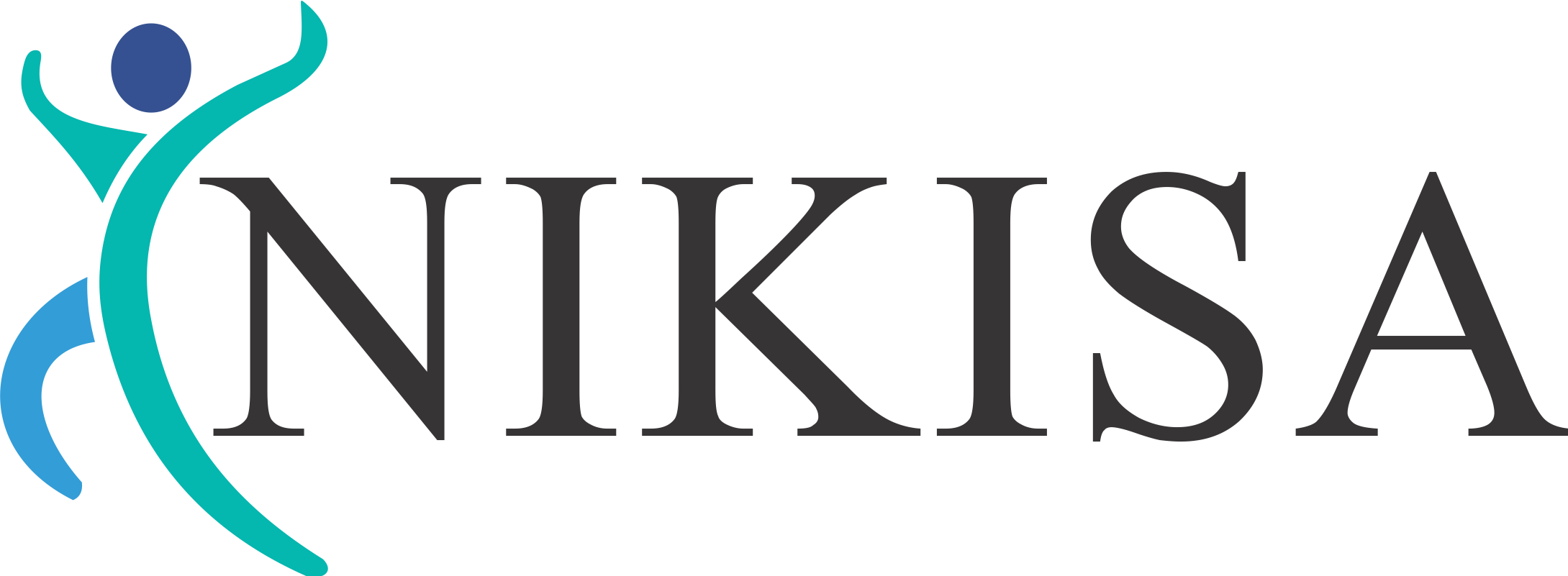📱 +91-98869 51711|📨 kiran.s@nikisa.com
NIKISA Dementia Village
Asia's First Dementia Village
Remembering the importance of never forgetting:
Dementia Awareness.
Understanding Dementia diagnoses
Diagnosing dementia requires a systematic approach that involves various assessments and examinations. Key to diagnosing dementia is understanding the individual’s cognitive functioning and identifying potential signs of the condition.
Dementia Village, provides comprehensive care for individuals at all stages of dementia, supports those diagnosed with Alzheimer’s, Fronto-Temporal Dementia, Vascular Dementia, and other types of dementia. While dementia has no cure at present, proper care can help slow its progression. By collaborating closely with nurses and caregivers, individuals with dementia can enjoy longer and more fulfilling lives. The creation of a safe and supportive environment plays a critical role in enhancing the overall quality of life for those affected by dementia.
In the process of diagnosing dementia, healthcare professionals employ a range of techniques and assessments to gather information and make an accurate evaluation. Medical evaluations, cognitive tests, brain imaging scans, and interviews with the individual and their family members are key components of the diagnostic process. These approaches allow healthcare providers to comprehensively assess cognitive functioning, rule out other potential causes, and gain insights into the individual’s symptoms and daily functioning. By employing a collaborative and thorough approach, healthcare professionals at Dementia Village strive to ensure timely and accurate diagnoses, enabling individuals with dementia to receive appropriate care and support tailored to their unique needs.
Dementia is a condition characterized by the decline or impairment of cognitive functions, such as thinking, memory, and reasoning. It primarily affects the elderly population and can significantly disrupt daily life and hinder regular activities.
Diagnosing dementia involves a comprehensive assessment that includes various techniques and evaluations. Medical professionals use a combination of medical evaluations, cognitive tests, brain imaging scans, and interviews with the individual and their family members. These methods allow for a thorough evaluation of cognitive functioning and help identify potential signs of dementia. By utilizing a collaborative approach and incorporating multiple diagnostic tools, healthcare providers can accurately diagnose dementia and develop appropriate care plans for individuals affected by the condition.
Dementia exerts a profound influence on individuals, families, and society as a whole. At the individual level, it leads to ill health, disability, diminished quality of life, and reduced life expectancy. Family members of individuals with dementia endure psychological and financial consequences, often grappling with feelings of guilt, grief, and anger. Children and teenagers may also experience a range of emotions, including fear and resentment.
On a societal scale, dementia carries a substantial economic burden. The expenses associated with providing care and support for individuals with dementia are borne by society, either through government expenditure or other means. Additionally, the cost of lost productivity must also be taken into account.
As a progressive disease, dementia impairs an individual's ability to independently perform daily activities. Its far-reaching impacts encompass the individual, their family, and society. Delivering adequate care and support to individuals with dementia is paramount in enhancing their overall quality of life. NIKISA Dementia Village and Alzheimer's Hospital play a vital role in providing comprehensive care for those affected by dementia, as well as offering essential support to their families.

